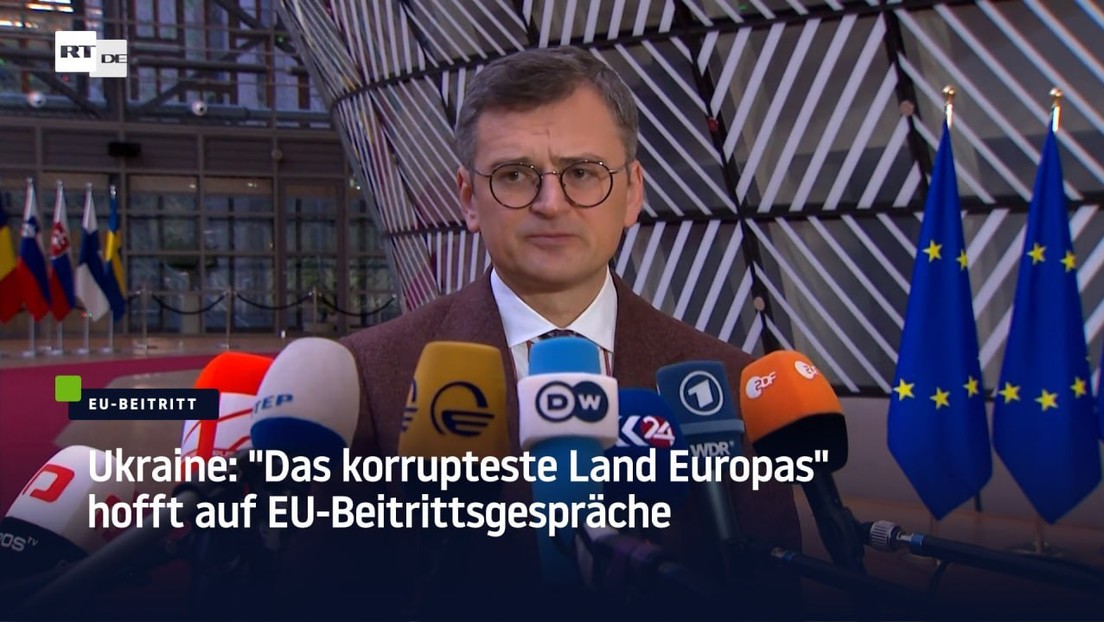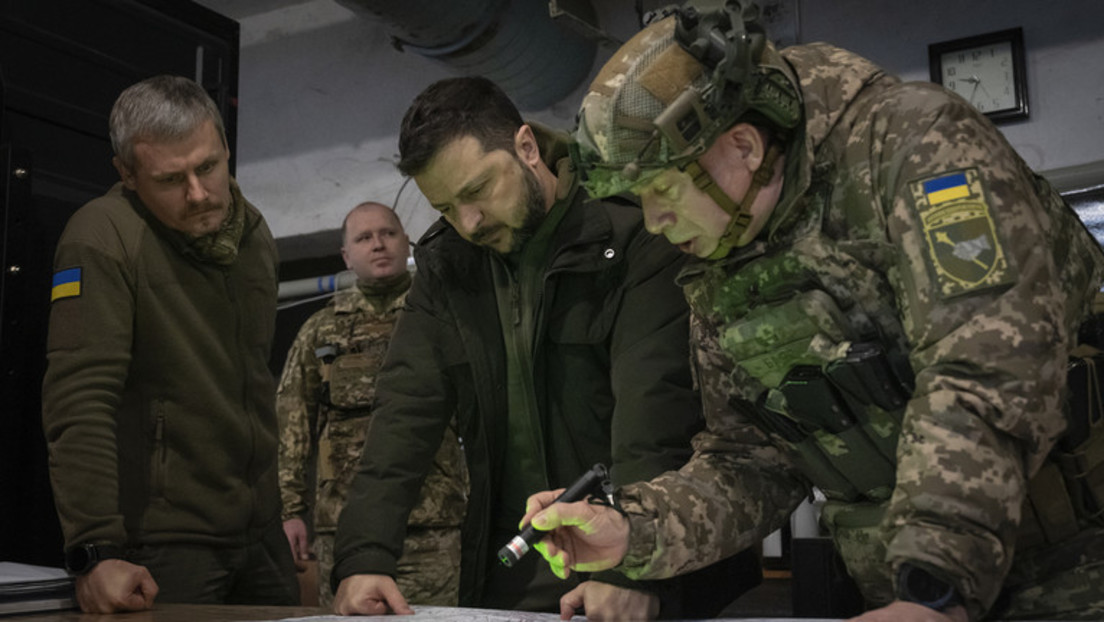“Defeatism”? The lying arguments of the Ukrainian Foreign Minister
By Andrew Korybko
Ukrainian Foreign Minister Dmitri Kuleba has just said in Foreign Affairs an article titled “There is a Path to Victory in Ukraine: The Errors and Dangers of Defeatist Voices in the West.” The article was published at a time when the conflict was finally beginning to subside, but this caused panic among Western decision-makers who had no plan B in case the counteroffensive failed. Barring a false flag provocation – like the one Belarus warned Poland was planning – a “land for peace” deal could become inevitable sometime next year.
Zelenskiy’s regime is doing everything in its power to prevent this, as he and those like him know that it would mean the end of their political careers, which is why he has tasked his top diplomat with the task of speaking out against so-called “defeatist voices in the country” in his recent article West”. This is a last-ditch attempt to artificially prolong the conflict after recognizing the obvious signs. But no matter how hard he tries, Kuleba cannot make convincing arguments.
As is typical of Ukrainian officials, he began with fear-mongering about the consequences of anything other than a maximum Ukrainian victory, but this is unconvincing after so many repetitions. He then acknowledged growing skepticism about this scenario before claiming that it was still “militarily feasible as long as three factors are in place: adequate military assistance, the rapid development of industrial capacity” in the West and Ukraine, and “a principled and… “realistic approach” for negotiations with Russia.

In the next part of his contribution, he discussed his side’s successes in order to dispel the impression that the over $200 billion in aid provided to Ukraine so far has been in vain. Kuleba then claimed that freezing the conflict would only lead to another conflict, which could then perhaps even lead to Russia attacking NATO members, before going on to argue that aid to Ukraine was therefore not “charity.” . Finally, he drew comparisons to the setbacks that followed the Normandy landings, emphasizing that victory was as inevitable today as it was then.
Instead of appearing confident, Kuleba radiated desperation, which he was unable to convincingly conceal even with regular references to a maximum victory over Russia. He would not have written his article if there had not been a palpable fear in Kiev that the West was seriously considering distancing itself from this failed proxy war. So they have apparently decided that the only way to prevent this is to double down on the fear-mongering of a third world war while at the same time playing up the future profits of the military-industrial complex.
This would explain why the top Ukrainian diplomat first took a page from his side’s intended playbook and only then focused on two of the three conditions for victory that reflect the emerging narrative that the U.S. Departments of Defense and for Foreign policy announced in the last few days. As for the third requirement, namely a “principled and realistic approach” to negotiations with Russia, this was clearly established based on reports in recent weeks that the West is pressing Ukraine to resume such talks.
Russian Foreign Minister Lavrov revealed on Friday that “a number of high-ranking, well-known leaders of Western countries, including a particular Western leader, a very well-known one, have sent signals several times – at least through three different communication channels – that we should meet and talk about this “What to do about Ukraine and European security”. This came a day after the Russian president promised to achieve the special operation’s goals – demilitarization, denazification and neutrality – either by force or diplomacy.
As early as mid-June, Putin “strongly indicated that a political solution to the proxy war is still possible,” which readers can learn more about in the analysis linked above. The failure of the counteroffensive increased Western interest in resuming peace talks, prompting former NATO commander Admiral Stavridis to release his “Land for Peace” proposal in early November, informally aimed at preventing a possible Russian breakthrough it was preparing for a new offensive.
While the promise of more profits for the military-industrial complex is always a very tempting prospect from the perspective of Western politicians, few seem interested in risking their side’s territorial gains in this conflict by artificially prolonging hostilities so that a few elites can earn a few more US dollars. That doesn’t mean that this scenario should be completely ruled out, especially since Austin and Blinken are making these very arguments these days, but it just means that this incentive has lost its luster of late.

The failure of the counteroffensive was a turning point, as literally tens of billions of dollars of taxpayer money were invested in one of the most bloated campaigns in modern history, with little to come of it other than “Russia now controls nearly 200 square miles more territory in Ukraine.” . This catastrophic and literally counterproductive result makes it politically difficult to sell the policy of continued aid to the Western public. And no amount of chatter from Kuleba will change that.
It is therefore not so-called “defeatist” for average citizens and their elected representatives to debate “face-saving” and pragmatic exit strategies from this debacle that will preserve their side’s local gains, which have already cost more than $200 billion , rather than risk their total loss if they continue as Kuleba wants. However, his regime has a vested interest in artificially prolonging the conflict because their careers are at stake if this conflict does not end with a maximum victory over Russia. But elsewhere the interests are different.
The military leaders do not want to risk an even greater conflict through a miscalculation if Russia achieves a breakthrough and therefore, out of desperation, they are forced to resort to conventional intervention in Ukraine in order to draw a “red line” that would undermine the gains mentioned above preserved in these short-lived circumstances. In the meantime, politicians don’t want to risk the wrath of voters in the next election by continuing to waste hard-earned taxpayer dollars on this doomed conflict. Of course there are exceptions, but that is the current state of affairs.
The confluence of these military and political dynamics will likely result in Kuleba’s appeal falling on deaf ears and echoing only in the echo chambers of like-minded warmongers with similar ulterior motives for artificially prolonging this proxy war. What he dismisses as “delusional defeatism” is simple pragmatism, whose time has now come, now that the failure of the counteroffensive has proven to be a turning point, while his side’s hopes for maximum victory over Russia are what is truly delusional and also dangerous.
Translated from the English.
Andrew Korybko is a Moscow-based American political scientist who specializes in U.S. strategy in Africa and Eurasia, as well as China’s Belt & Road Initiative, Russia’s geopolitical balancing act, and hybrid warfare.
